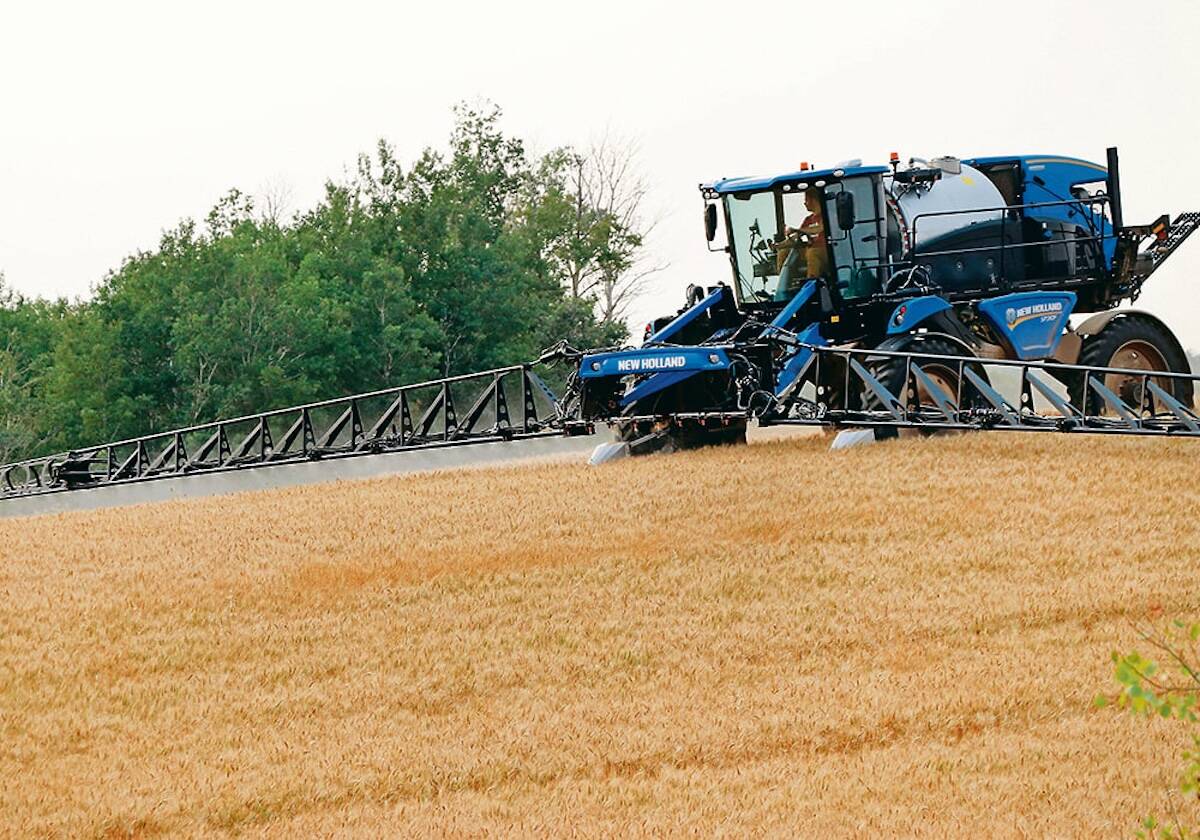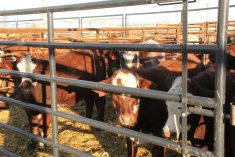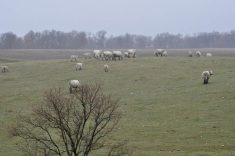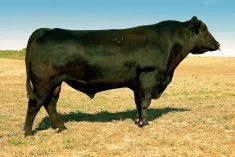Years after India broke into the high-tech business with information technology and China by way of manufacturing, Brazil may find its entrance in an unusual place – a cow’s ear.
The South American giant is preparing to use its first locally designed microchip in cattle earrings, a device that could eventually help authorities crack down on destruction of the Amazon rainforest caused by roaming herds.
The cattle trackers can help ranchers demonstrate their cows have not been exposed to illnesses and may be crucial for creating a database showing which animals grazed on recently deforested land.
Read Also

Farming still has digital walls to scale
Canadian farms still face the same obstacles to adopting digital agriculture technology, despite the years industry and policy makers have had to break them down.
Brazil’s state development bank said last year it will begin requiring the ranchers it finances to show where their cattle have grazed, possibly using such devices.
The “Chip do Boi” or “Cow Chip” is just the start. Ceitec is also eyeing innovations of new chips with “track and trace” functions such as finding stolen cars (or ones whose owner has outstanding parking tickets) and sorting biomedical products.
The chip, made by the state-funded firm Ceitec, is part of a bid to lessen Brazil’s reliance on raw commodities. While commodity exports and increasingly affluent consumers have made Brazil’s economy an emerging-markets darling alongside China and India in recent years, it trails those nations in the high-value areas of technology and science.
BEYOND COWS
With major growth prospects for industries such as biofuels, oil and mining, Brazil hopes having a foothold in the semiconductor business can help ensure access to new technologies while creating new jobs at home.
Electronics could be crucial for a range of potential innovations such as devices to help state oil company Petrobras produce billions of barrels of crude in ultra-deep waters.
However, Brazil’s high-tech sector still faces challenges, including a weak education system, notorious government bureaucracy, and chronic delays in project execution.
Ceitec has already fallen victim to the last of those – its first full-scale production of cattle trackers is a year behind schedule because of problems with key machinery.


















